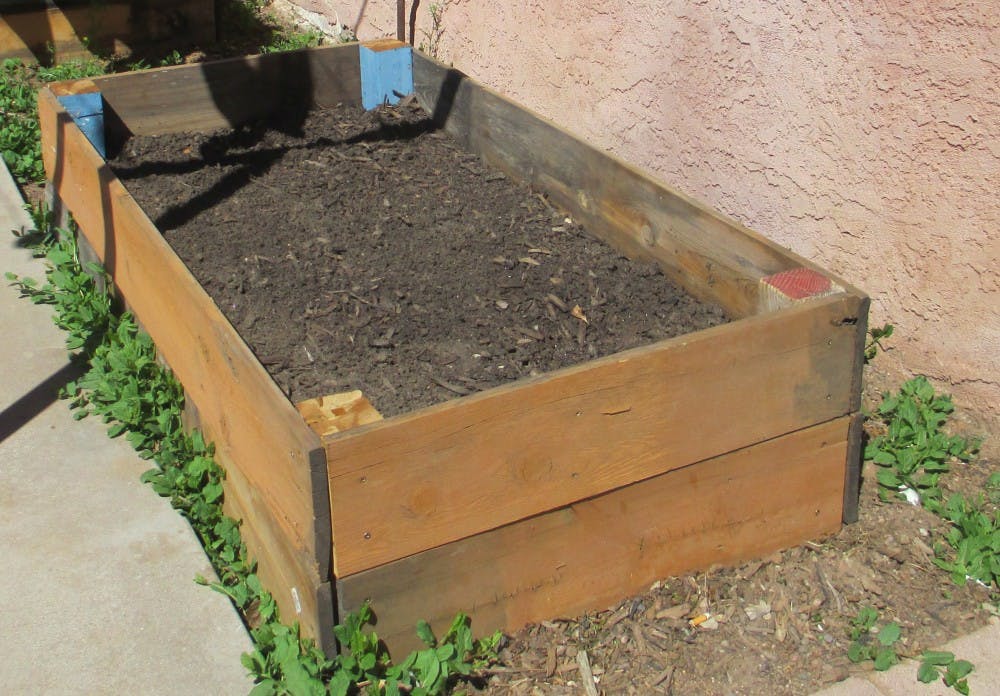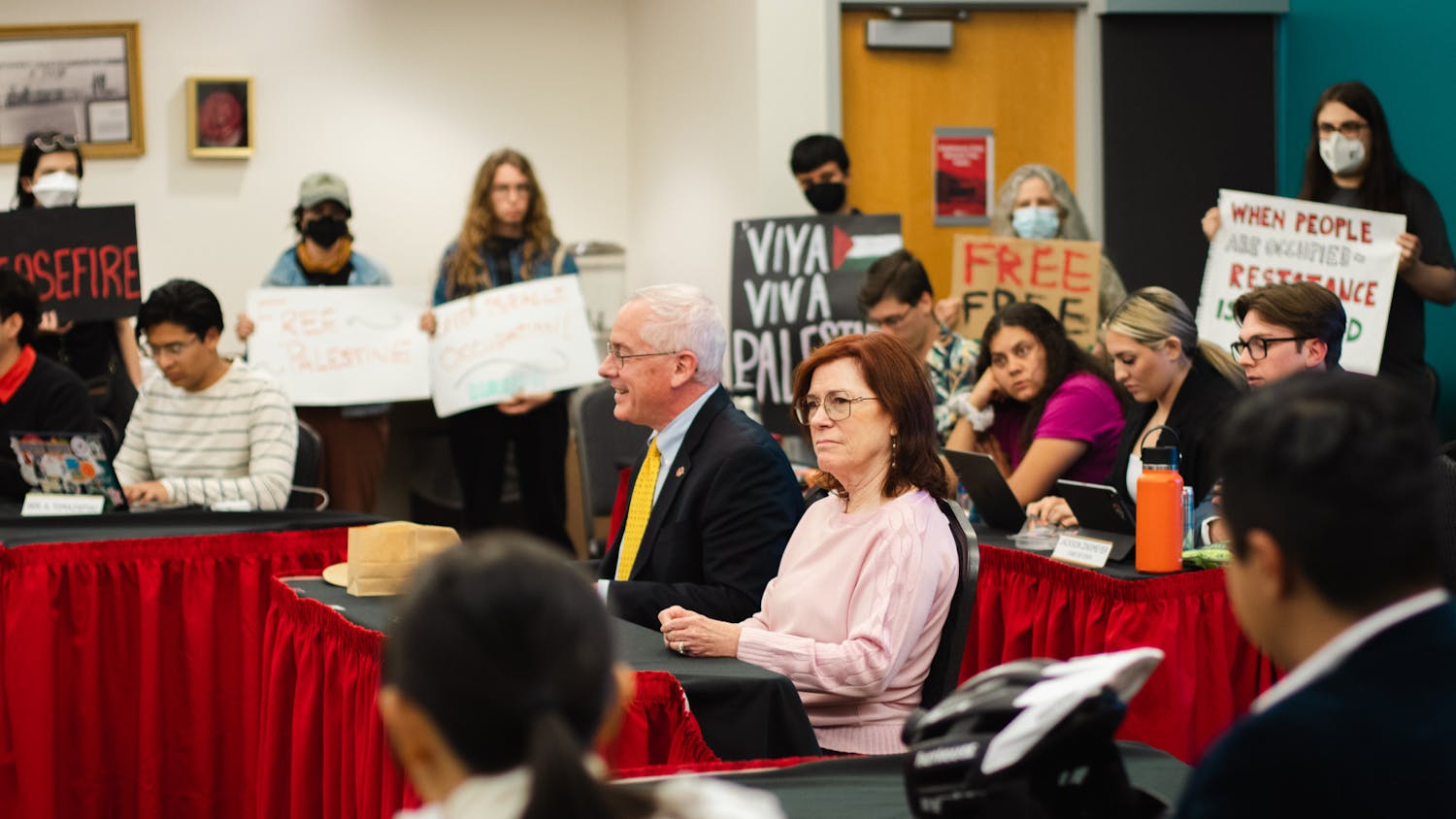culture@dailylobo.com
@UncaMo
Now, as we enter into the first weeks of spring, is the time to plant a garden.
From tiny window boxes full of fresh herbs on a dorm room windowsill to planters on an apartment balcony to full-fledged garden areas in the yard, a few simple tasks will result in fresh herbs, vegetables or flowers.
For those who want a DIY garden, there are several resources, including blogs, online groups and local experts. Most garden stores and nurseries have employees who are happy to teach anyone how to start an urban garden.
One very helpful location is Rehm’s Nursery and Garden Center at 5801 Lomas Boulevard NE. This family-owned shop is a great source of information, organic topsoil and certified GMO-free plants and seeds.
For topsoil in bulk, Soilutions in the South Valley has organic soil for about $30 per cubic yard, which will fill a compact pickup bed.
Another resource for the DIY gardener is the Sunset Western Garden Book. This book is a fount of information and advice on plants and gardening in the Southwest.
My garden consists of six 2.5-foot by 5-foot beds, each about 15 inches high; four large ceramic pots and four large plastic pots for pest-repelling flowers, which can be moved as needed. There was also enough topsoil left over to enrich a few small beds for herbs. The cost this year was $60 for the organic topsoil, less than $40 for organic seeds and $20 for screws to make the raised boxes. The wood for the boxes was repurposed 1×8s from an old fence, and the pots have been collected over the years from yard sales.
The garden will yield Big Jim chiles, Fresno peppers, okra and several types of salad greens. I also planted climbing snow peas along a trellised wall, green beans and fennel.
The boxes are bordered by marigolds, which are a natural pest repellant, and the zinnias in the plastic pots chase off pests while attracting bees, butterflies and other pollinators.
One box will be completely filled with pattypan squash, and there is room for a number of other vegetables and herbs to be planted over the next few weeks.
If space is limited, choose a few favorite herbs or perhaps a high-yield vegetable such as cherry tomatoes, jalapeños or salad greens.
Get content from The Daily Lobo delivered to your inbox
Those with slightly more room can try greens beans, okra or New Mexico chiles. If you are lucky enough to have room for raised beds or a larger garden plot, a mix of beans, squash and tomatoes plus some of the above is a great start.
When deciding what to plant, it is best to concentrate on herbs and produce that are expensive to buy at the local store. Items such as cilantro, Fresno peppers and green beans can be costly, but can be grown at home with only a little effort.
If you absolutely have no room to grow, consider working with busy friends who have extra room in their yards. Lots of people would be thrilled to have a few garden plots with fresh veggies to share in exchange for your weeding duties, seed and soil donations or other efforts.
If you have room, but not time, ask friends if they would be willing to work your garden and share the bounty. There are also several community gardens in town that share produce in exchange for work at the sites.
Lobo Gardens is a “collaboration of UNM’s Research Service-Learning Program and Sustainability Studies,” according to the group’s Facebook page, and has a goal of building an organic gardening community on and around campus.
Project Feed the Hood, part of the SouthWest Organizing Project, runs the International District Community Garden on the northeast corner of Ross Avenue and Wellesley Drive SE. Volunteers can help work the garden and distribute fresh produce to people in the community.
A quick internet search reveals several other groups in Albuquerque that run community gardens, and most of these groups have workshops on organic urban gardening. Once a garden begins to sprout and grow, it should yield several dollars worth of produce per dollar invested for only a few hours of work each week.






